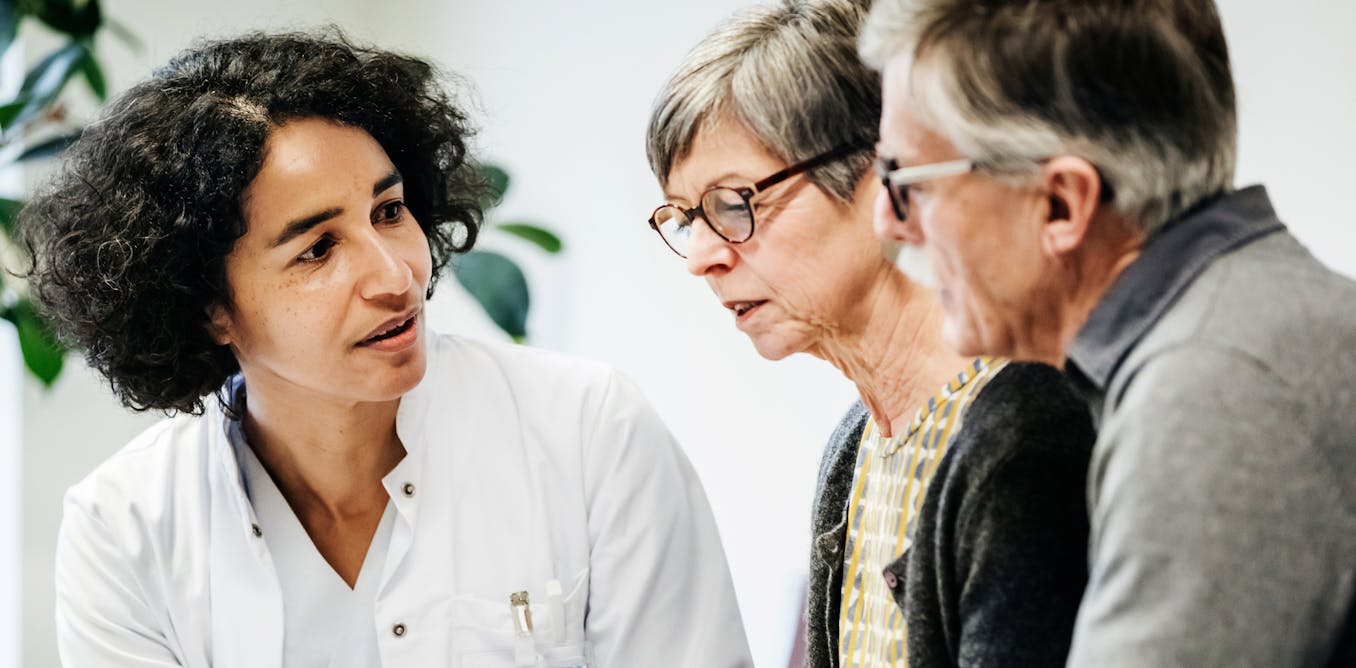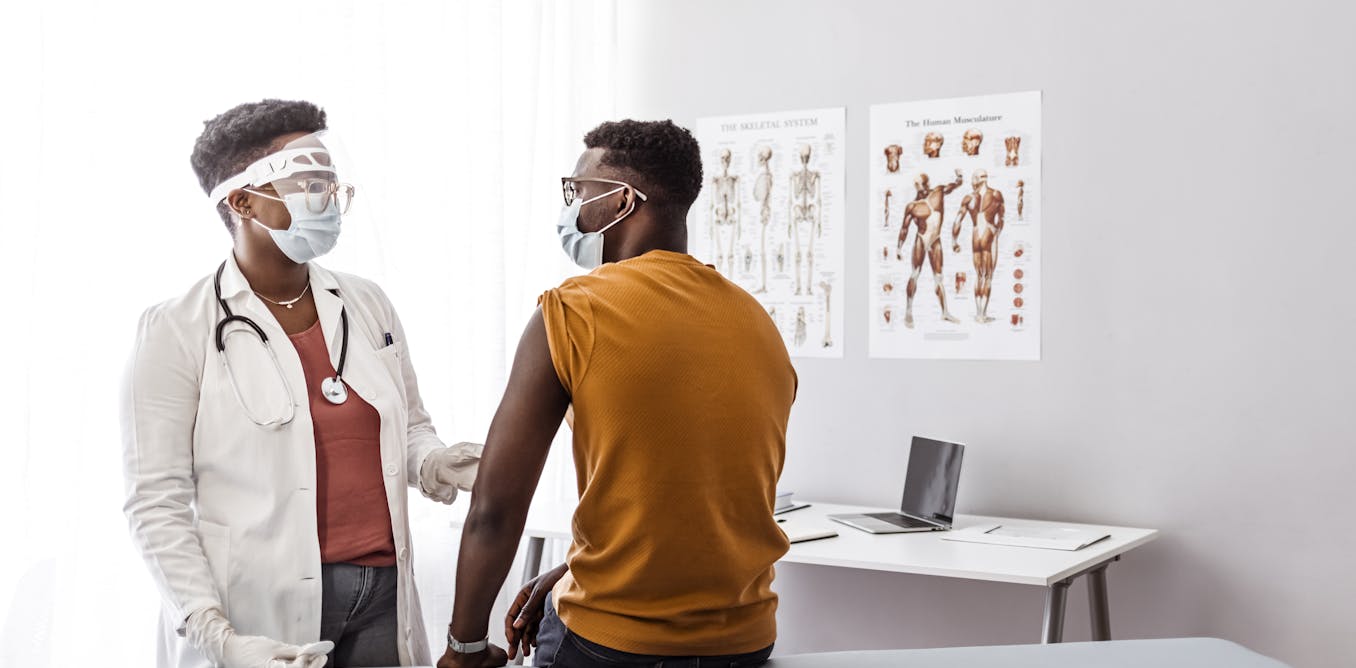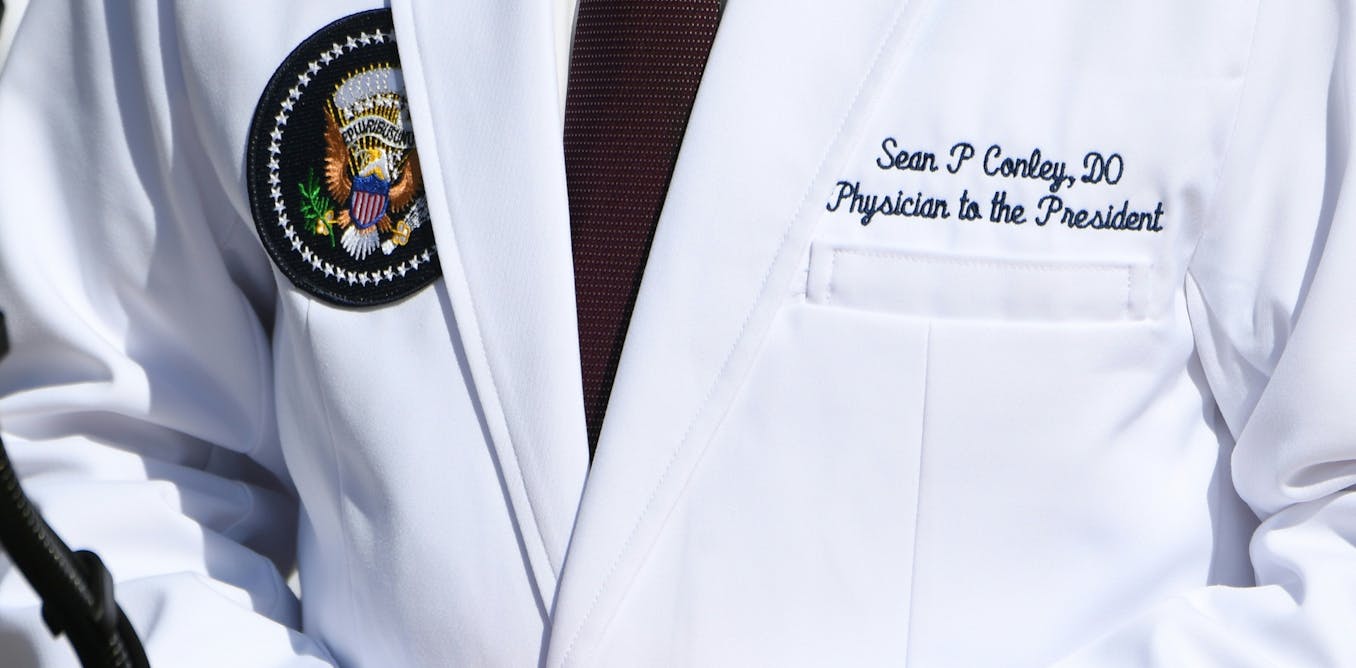Seeing the human in every patient − from biblical texts to 21st century relational medicine
The COVID-19 pandemic put a spotlight on how fragmented medical care can be. Relational, or person-centered, medicine is attempting to provide solutions.
Jan. 4, 2024 • ~9 min




